The Indian government has extended the ban on the Students Islamic Movement of India (SIMI) for a further five years under the Unlawful Activities (Prevention) Act (UAPA). The decision was announced by the Ministry of Home Affairs (MHA) on Monday.
The SIMI was first banned in 2001 for its alleged involvement in terrorist activities. The ban was subsequently extended on several occasions. The latest extension comes just a few months after the SIMI was declared a terrorist organization by the United States.
The SIMI is a radical Islamic organization that was founded in Aligarh, Uttar Pradesh, in 1977. It has been accused of being involved in a number of terrorist attacks in India, including the 2008 Mumbai attacks. The SIMI has also been accused of inciting communal violence and promoting hatred against Hindus.
The Indian government has said that the SIMI is a threat to national security and that the ban is necessary to prevent the organization from carrying out further terrorist attacks. The government has also said that the ban is in line with its commitment to zero tolerance against terrorism.
The SIMI ban has been welcomed by many in India, but some have criticized the decision. Critics argue that the ban is unconstitutional and that it violates the right to freedom of association. They also argue that the ban will not be effective in countering terrorism.
The extension of the SIMI ban is likely to have a significant impact on the organization. The ban will make it difficult for the SIMI to operate in India and it will also make it more difficult for the organization to raise funds. The ban is also likely to deter potential recruits from joining the SIMI.
The SIMI ban is a controversial issue, but the Indian government has said that it is necessary to protect national security. The ban is likely to remain in place for some time to come. India’s Reasons for Banning SIMI


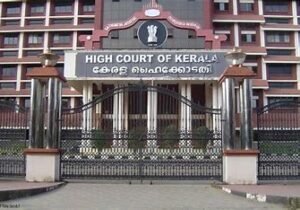
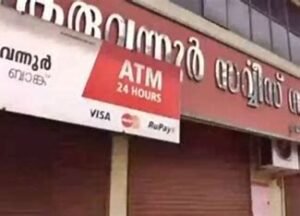




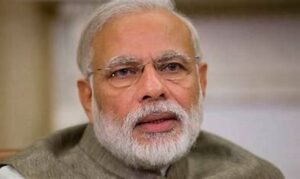

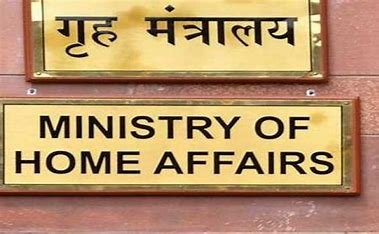

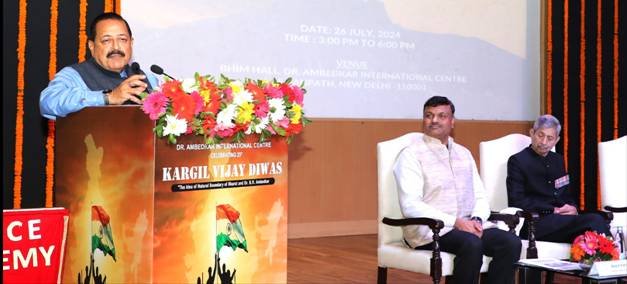
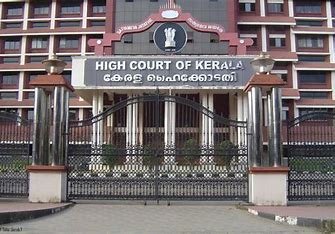


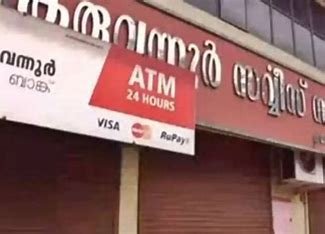

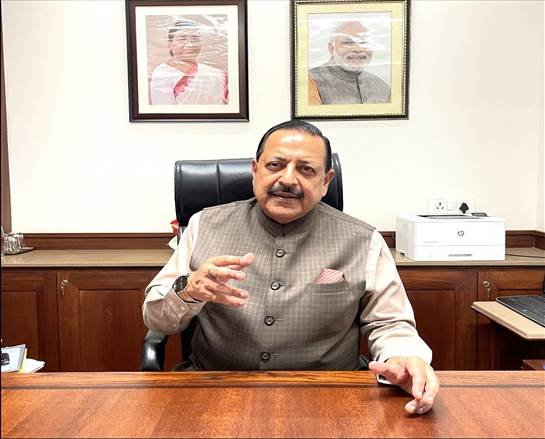

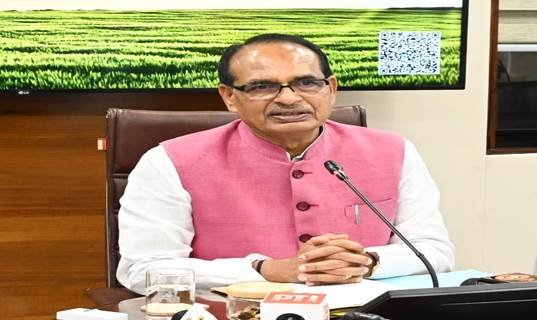
+ There are no comments
Add yours